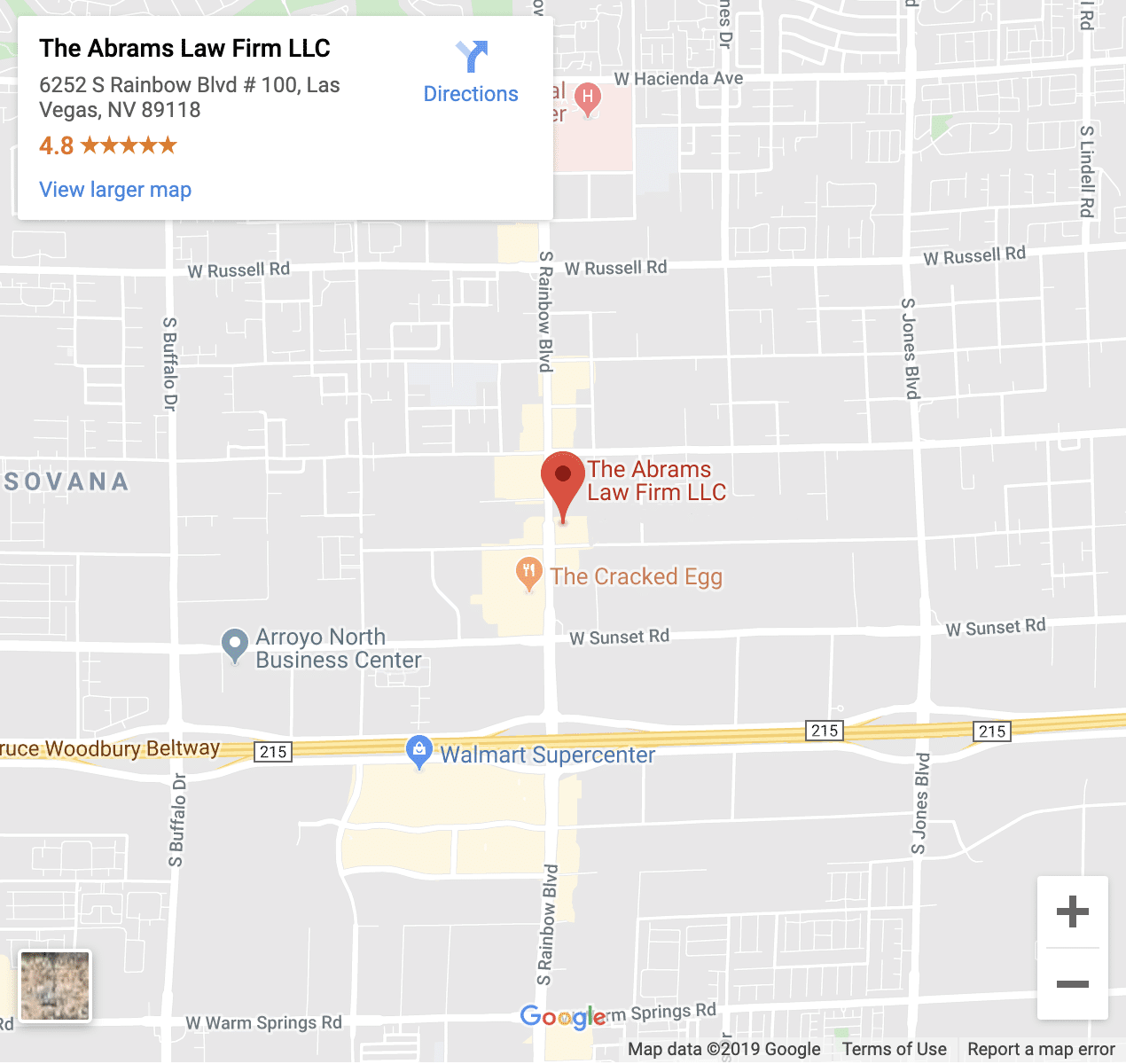
The Benefits of Divorce Mediation
Two of the biggest advantages of divorce mediation over litigation are time and costs. Lengthy court battles, especially if they go all the way to trial, are expensive. Your divorce attorney must invest the time to gather evidence, draft, file, and argue motions, take depositions, and possibly hire expert witnesses. All this attorney time adds up. Moreover, the process can take as much as several years if the divorcing spouses never come to a settlement agreement.
Divorce mediation, on the other hand, promises to be quicker, easier, and less expensive. Mediation can resolve divorce disputes in a matter of weeks or months, in one or a handful of sessions. This process, if successful, is certainly less than a protracted court battle. It is also likely to resolve much faster and often with less ill-will. But that’s provided that the parties can eventually agree on all issues, with help from the divorce mediator and their respective divorce lawyers.
Divorce mediation is also less formal and less contentious than litigation. Mediation is meant to be guided by the mediator and can incorporate as many or as few formal rules as the divorcing spouses are willing to agree to. Divorce mediators facilitate discussion to find reasonable solutions to disputed issues, while still incorporating an objective view of the facts and the law. Divorce mediation can be much less heated because the objective is to seek mutually agreeable solutions to disputed issues. The parties can work at their own pace and deal with formalities where necessary.
The Drawbacks of Mediation
Mediation is not perfect. First of all, it requires mutual agreement. One spouse cannot mediate alone or force the other party’s consent to mediate. One party can, in fact, blow up the whole process at any time before the final agreement is signed and executed. Therefore, both spouses should reasonably believe that the other spouse is participating in good faith.
There have been instances where one spouse feigns agreement to divorce mediation for subversive purposes. This is usually done to draw the process out longer and wear down their opposing party. Mediation is simply unlikely to work when at least one party is toxic, overly heated, or otherwise refuses to cooperate.
It is important to keep in mind that divorce mediators do not provide legal advice. But you do not have to attend divorce mediation sessions alone. Divorce attorneys can represent each spouse during all phases of the mediation process. Mediators are meant to be neutral third parties. If you go to mediation sessions without a divorce lawyer on your side, you will be without legal counsel, and you will make decisions without the legal and practical knowledge which comes from decades of experience.
Divorce mediation can be halted at any time. At that point, the matter is taken to court following the usual contested divorce process. Because mediation is meant to be private, agreements made during mediation should not carry over to the litigation. A seasoned divorce attorney knows how to make sure that all mediation discussions and agreements are confidential.
When an Agreement is Reached
If the spouses come to an agreement on all divorce-related matters, then one of their divorce attorneys will draft a decree of divorce. The other spouse’s divorce attorney then reviews the draft decree and may have comments or edits. A decree incorporates language which is legally required to dissolve the marriage with the agreed upon issues from the divorce mediation sessions.
Las Vegas Divorce Mediation Lawyers
Our Las Vegas divorce lawyers are divorce law experts, including divorce mediation. They are ready to lead you through all aspects of your divorce case: the division of complex assets, alimony, child custody disputes, and all other related issues. Call our office at 702-222-4021 to speak with one of them and see if what we offer is right for you.



 Divorce is complicated enough when dealing with standard marital assets such as bank accounts and family homes. And when one or both parties to the divorce have an ownership stake in a business, matters can quickly become even more complex. Is business ownership subject to division in divorce? How do you value or apportion business ownership? In this article, our
Divorce is complicated enough when dealing with standard marital assets such as bank accounts and family homes. And when one or both parties to the divorce have an ownership stake in a business, matters can quickly become even more complex. Is business ownership subject to division in divorce? How do you value or apportion business ownership? In this article, our 
 It is surprisingly common for people to ask whether they can file for divorce in Nevada if they or their spouse lives in another state. Does Nevada have jurisdiction to hear the divorce? Where is the best place to file? What procedures need to be followed? Read on for an explanation of divorce jurisdiction and Nevada law from our knowledgeable
It is surprisingly common for people to ask whether they can file for divorce in Nevada if they or their spouse lives in another state. Does Nevada have jurisdiction to hear the divorce? Where is the best place to file? What procedures need to be followed? Read on for an explanation of divorce jurisdiction and Nevada law from our knowledgeable 
 Going through a divorce is never easy. In addition to the emotional side of things, there are many financial considerations and changes that need to be made. Beyond resolving issues like property division, alimony, and child custody, the divorce process requires you to make adjustments large and small across many aspects of your life to account for your new situation.
Going through a divorce is never easy. In addition to the emotional side of things, there are many financial considerations and changes that need to be made. Beyond resolving issues like property division, alimony, and child custody, the divorce process requires you to make adjustments large and small across many aspects of your life to account for your new situation.
 Most people will rarely be in a courtroom during their lifetimes. As such, it can be an unfamiliar experience for those not accustomed to the setting and court procedures. Conversely, an experienced divorce attorney has been in a courtroom hundreds, if not thousands of times. A qualified and effective divorce attorney knows how to walk you through the hearing process and make sure that you are well prepared in advance.
Most people will rarely be in a courtroom during their lifetimes. As such, it can be an unfamiliar experience for those not accustomed to the setting and court procedures. Conversely, an experienced divorce attorney has been in a courtroom hundreds, if not thousands of times. A qualified and effective divorce attorney knows how to walk you through the hearing process and make sure that you are well prepared in advance.